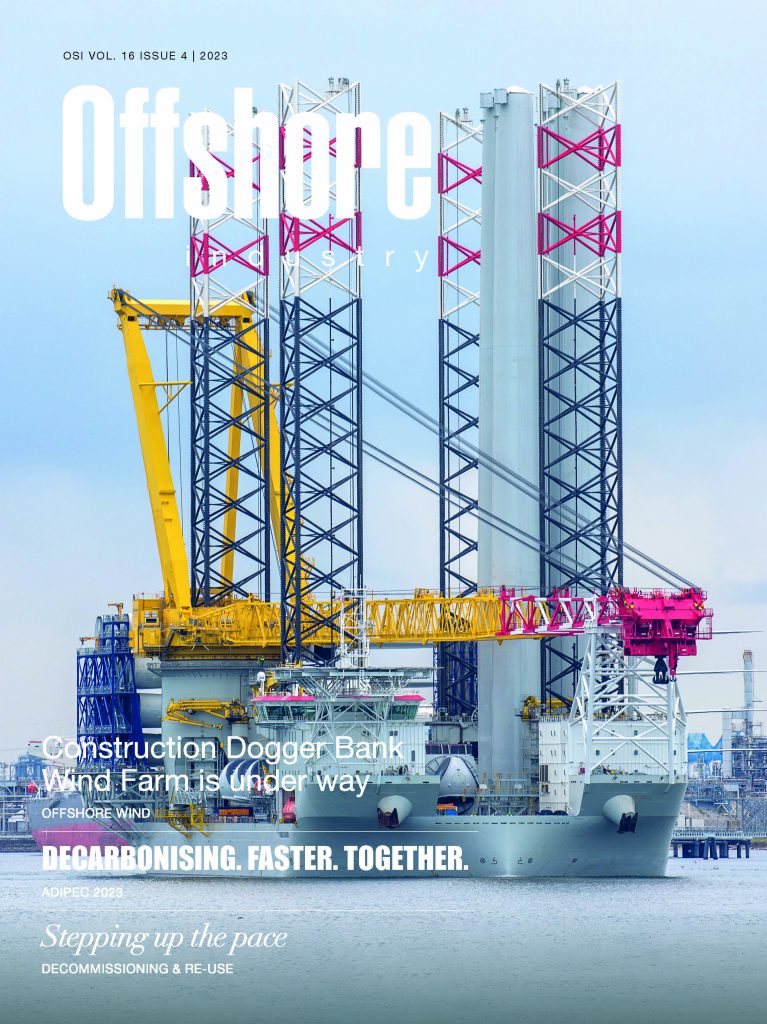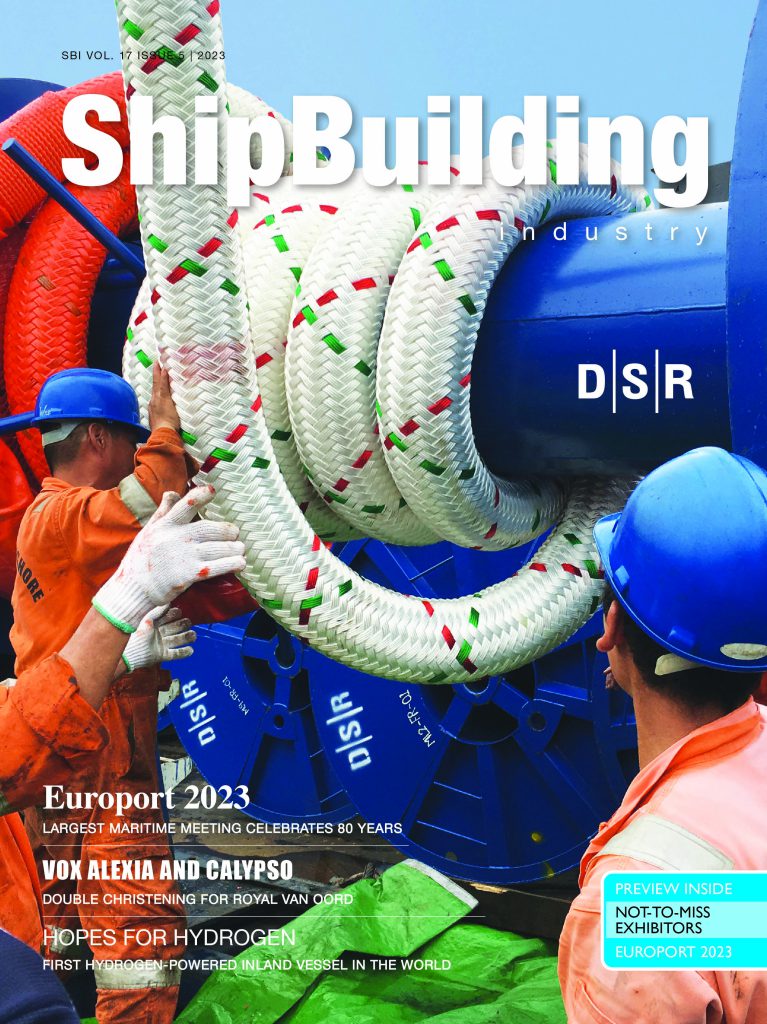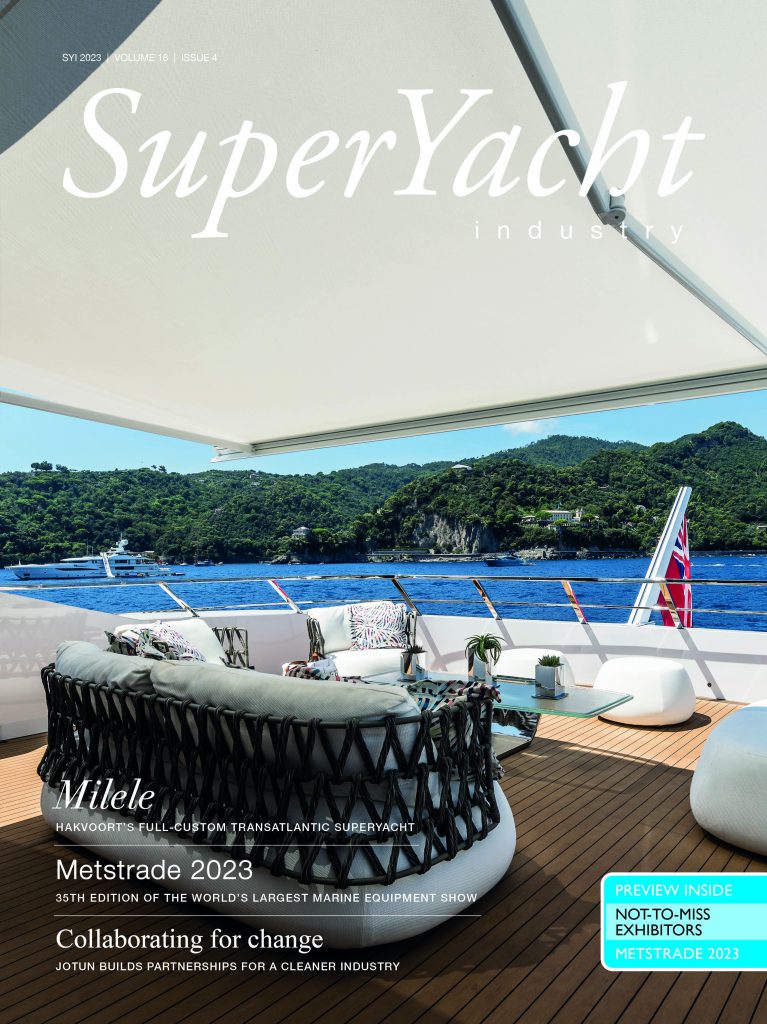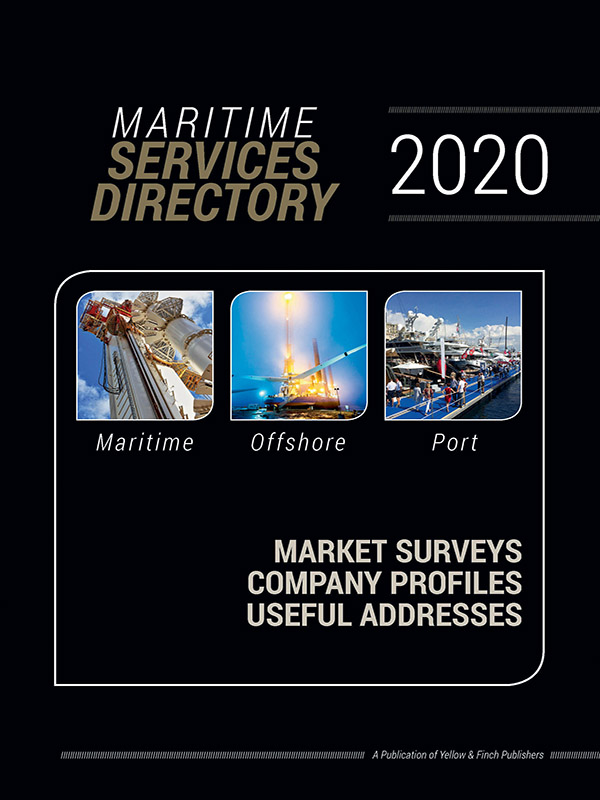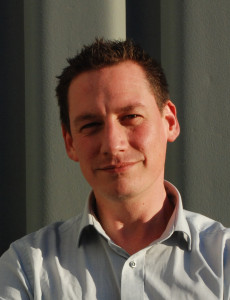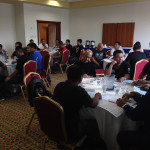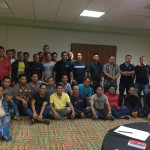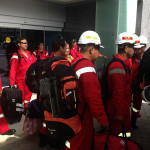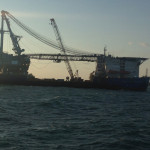Oceanwide Crew Positions for Increased Offshore Mexican Activity
Oceanwide has been active in the Gulf of Mexico for quarter of a century, operating from its Houston office. The company has an enviable track record in providing maritime and construction crews to the onshore and offshore energy industry. Recently, the opening up of the Mexican energy sector to private and foreign companies has increased opportunities in the region. Offshore Industry’s Ben Littler speaks to Oceanwide’s Theo Nieboer to find out more.
“We’ve been in Houston for 25 years now,” begins Mr Nieboer. “Recently we’ve been expanding in the region. Last year we opened an office near New Orleans. There are a lot of companies in the Mississippi Delta that we can work with.” There are indeed many companies in the region matching Oceanwide’s typical client profile. Shipyards and offshore maintenance and supply chain companies are amongst other businesses in the area providing the infrastructure for the Gulf of Mexico oil & gas industry.
Coming to America
Oceanwide’s US-based staff, under the supervision of John Ford, Director Oceanwide America, are very experienced in organising the necessary OCS-BI Visa required for work in US waters.
“Our staff in our US offices have the expertise and know-how necessary to obtain the visas that allow other nationalities to work both on and offshore in the US. We work with our customers to determine the most efficient, compliant methodology to bring in other nationalities, due to a shortage of skilled labour in the country,” comments Mr Nieboer.
End of Monopoly
At the same time as expanding its US profile, Oceanwide has increased its Mexican footprint. Until late last year, access to the Mexican market had been limited for private businesses and those from outside the country. The state-owned energy company, Petróleos Mexicanos or Pemex had enjoyed a monopoly on the industry since 1938 when the state expropriated all private, energy-based, business.
The opening up of the market came when the government perceived a benefit in bringing in foreign companies with additional skills and technology that could serve to further develop the domestic industry.
Getting a Lift-Up
McDermott recently completed a platform installation project in the Gulf of Mexico using its Derrick Barge 50 (DB50) and an Oceanwide crew.
“We provided welders, riggers and scaffolders for the preparation of the project – welding, painting and construction at sea,” states Mr Nieboer.
The project included the heavy-lift of a 3,250t jacket – the heaviest lift executed by the DB50 to date. Following the successful installation, McDermott was awarded several projects in the Gulf of Mexico.
Increasing Presence
Oceanwide has long had a presence in Mexico, though they had not previously opened a full office. “Our office there was for pay roll – so that we could deal with taxes and insurances for employees working on Mexican projects.
“Projects we delivered in the past include, for example, work for Technip where we supplied 30 – 40 scaffolders and welders at a time. Projects that lasted anything between 6 weeks and 6 months. Sometimes there has been a year where we didn’t do a project in Mexico, but the last 2 years it’s been picking up very well and that’s why we decided to open a full office. This is an opportunity for us – the market is good.”
Overcoming the Challenge
Of course, already being established in the country meant that Oceanwide was well placed to take advantage of the regime changes when they finally came. However, Mr Nieboer states that it has still been something of a challenge.
“It’s a small set-up and you don’t have it on a short line all the time. Then there’s the language barrier – everything has to be translated into Spanish. Things can be quite bureaucratic in Mexico; you have to pass through a lot of legal offices. It’s certainly not as easy as working in the EU, but the opportunities are there so you just have to get over it.”
Comparably High Standard
At least, he says, the market is already well developed with its own high standards. “The QHSE standards in the North Sea and in the US are comparable. The Mexican ones are based, more or less, on the US’ Safe Gulf standards. ”
Training to meet these requirements is provided by Oceanwide in cooperation with the client. “Most of the employees are from Asia; Malaysia, Thailand or the Philippines,” he says. “There are some very good welders from these countries. They are tested according to 6GR every 6 months.
“Additionally, we get them to come in, normally 2 days before project commencement, to run through all the safety procedures and familiarise them with the vessel.
“Of course, having been active in Mexico for so long we also have access to a large number of highly skilled Mexican workers in addition to those coming from Asia, with both construction and maritime capabilities.”
Prime Position
Mr Nieboer is thoroughly aware that recent drops in the price of oil mean that the new office is opening at a challenging time, but, he says, Oceanwide is in as good a position as it can be, considering the circumstances.
“Though there will very likely be postponements to drilling projects, right now we are more active on the construction side of things. There are construction projects already scheduled for the next 3 – 5 years.”
Read more about Oceanwide’s Gulf of Mexico operations in the next issue of Offshore Industry out 13 April.
Visit Oceanwide Crew at EWEA 2015 at stand C2-B8.



